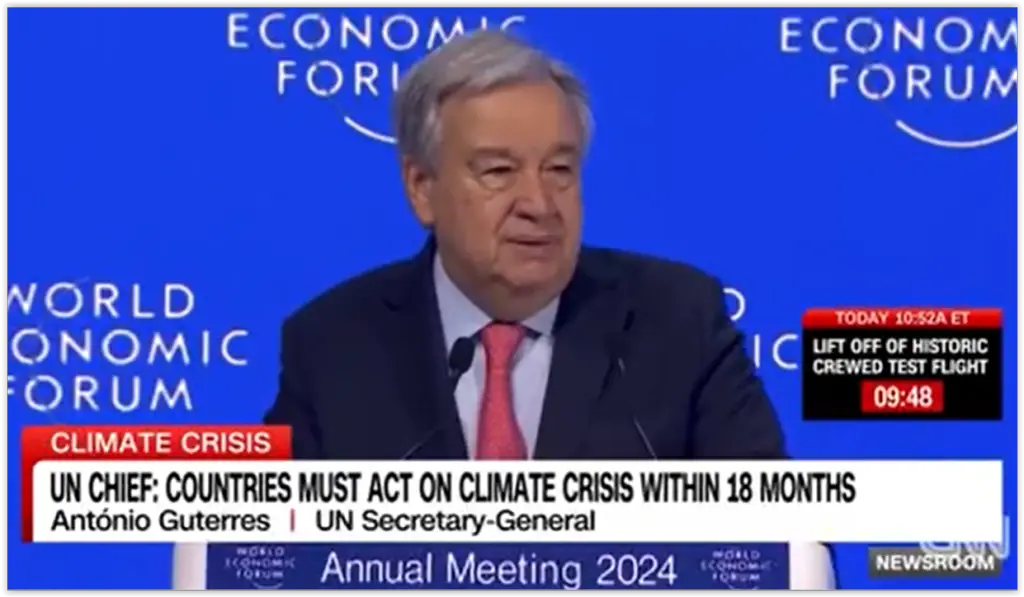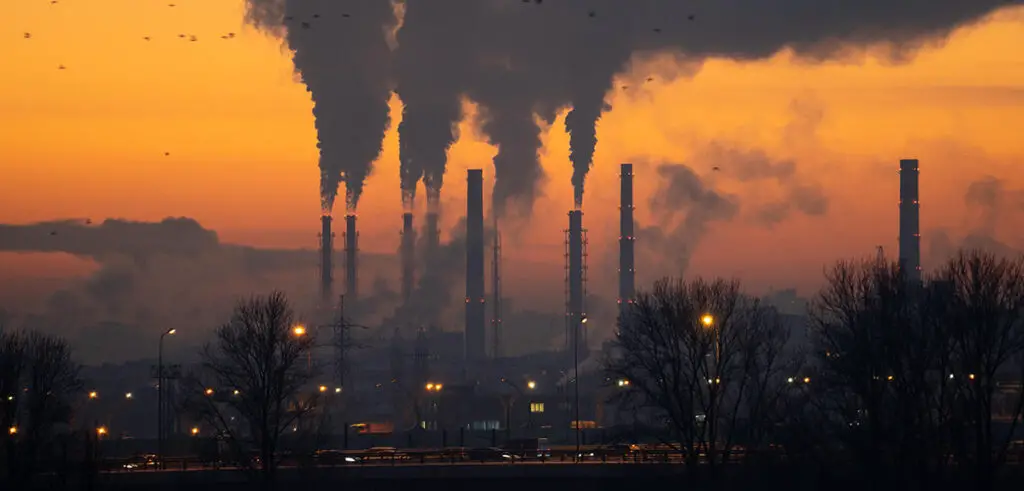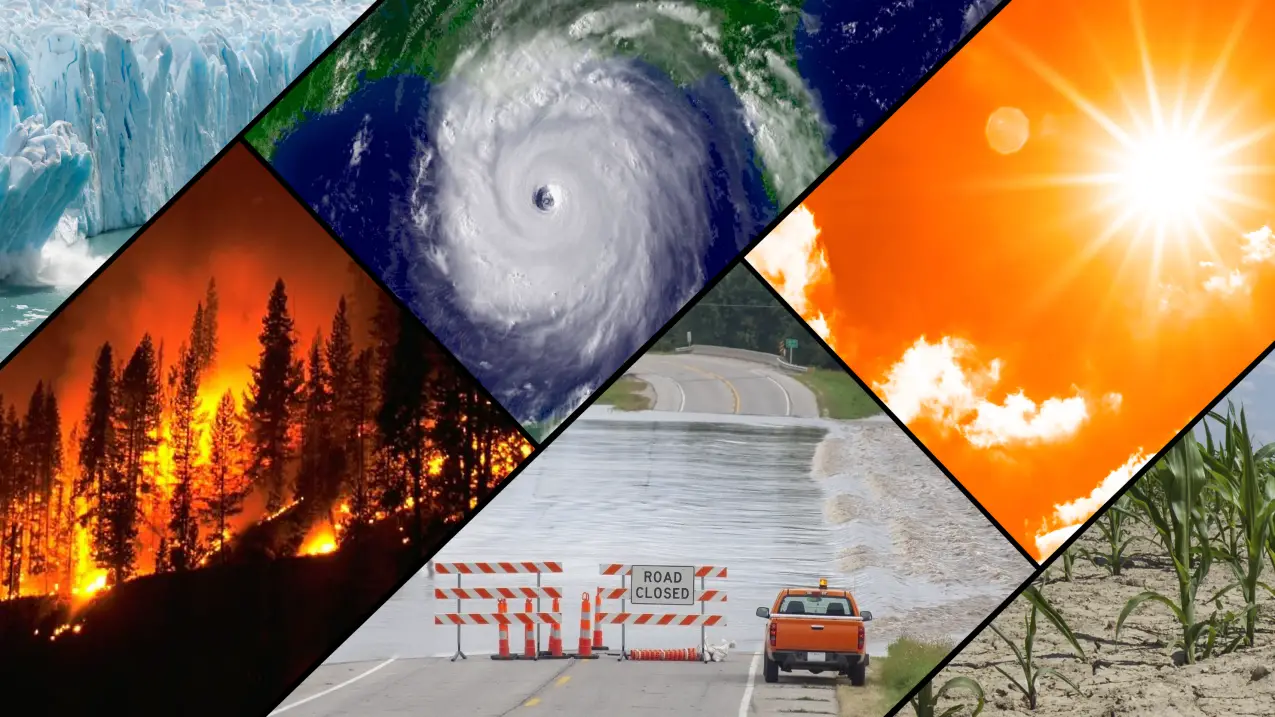In a stark revelation, the Earth has crossed a disturbing threshold, enduring a full year of unprecedented heat. According to data from Copernicus, the European Union’s climate monitoring service, every single month from June 2023 to May 2024 has set a new record for the hottest global temperatures observed in that period.
Shocking Yet Predictable Heat Streak
Carlo Buontempo, the director of Copernicus, characterized the 12-month streak of heat as “shocking but not surprising,” attributing it to human-caused climate change. He issued a grave warning that unless significant reductions in fossil fuel emissions are achieved, “this string of hottest months will be remembered as comparatively cold,” indicating worse conditions are yet to come.

Global Call for Action
Simultaneously, UN Secretary General António Guterres delivered an impassioned speech in New York, denouncing fossil fuel companies as the “godfathers of climate chaos.” For the first time, he explicitly called for a global ban on advertising fossil fuel products, urging world leaders to take decisive action against the spiraling climate crisis and to avert dangerous tipping points. Guterres metaphorically described the current global strategy as “playing Russian roulette with our planet.”
Warnings of an Intensifying Climate Crisis
Guterres’ speech comes at a time when the world faces a punishing heat dome in the West, which is expected to worsen. He stressed that global climate commitments are “hanging by a thread.” The Copernicus data further underscores this, showing that each month since July 2023 has been at least 1.5 degrees warmer than pre-industrial levels—a critical marker set by the Paris Agreement in 2015.

Real-World Impacts and Future Threats
Recent heatwaves in the western US and across the globe highlight the immediate consequences of this warming. In India, temperatures nearing 50 degrees Celsius have resulted in dozens of deaths. Southeast Asia has seen similar devastation with brutal temperatures leading to fatalities, school closures, and crop failures. In Mexico, the intense heat has even caused wildlife deaths, illustrating the broad ecological impacts.
The Long-term View and Call to Action
Despite a possible short-term decrease in global temperatures with the weakening of El Niño, the long-term trend of rising temperatures due to ongoing fossil fuel consumption shows no sign of reversing. Guterres also referenced new data from the World Meteorological Organization indicating an 86% chance that one of the next five years will break the hottest-year record set in 2023.

Conclusion: A Dire Warning for Immediate Change
António Guterres condemned the fossil fuel industry for decades of distorting the truth and sowing doubt, drawing a stark parallel between humanity’s impact on Earth and the asteroid that wiped out the dinosaurs. He emphatically stated, “In the case of climate, we are not the dinosaurs. We are the meteor. We are not only in danger. We are the danger.” He called for immediate and significant action from global leaders, including drastic reductions in fossil fuel emissions and a halt to new coal projects, framing this decade as the decisive battleground for the future of our planet.



